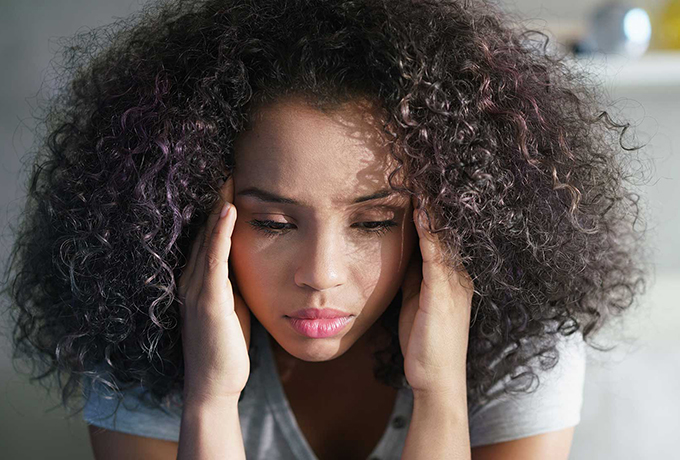We all have bad days. Whoa Nelly, do we have bad days! A bad night’s sleep starts the day off all wrong, or there’s a problem with the trains making you late for work. Maybe your boss is in a bad mood and it impacts your day too. No matter what the cause, you have the power to turn it around if you’re having a bad day.
Six tips to get your bad day back on track
1. Distraction
Get out of your head, get out of that space, go for a walk, or make a cup of tea. You can put a stressful thought in a star here or check out something that entertains you online like kittens. Take your mind off what is frustrating you.
2. Do good
Helping someone else can boost your mood instantly. Maybe call a friend to find out how they are going, or message to invite someone over for dinner. Perhaps someone you know has been unwell; cook them a lasagne and drop it over.
3. Take stock
What are the good things you’ve done today? Did you make the bed? Check. Did you have a decent breakfast? Check. Went to the gym? Check. Walked to the station? Check.
4. Write it down
Send an email to yourself or get out your notebook and write down what’s bothering you. The act of writing down the situation will feel proactive and communicative and should help calm you down a bit.
5. Reach out
If you’re having a bad day, it can be tempting to shut down and retreat into ourselves. But research shows that contact with other people boosts our mood. So talk to someone and ask them to tell you about their day.
6. Focus on you
Remind yourself of all the good things going on. “At least I…” While sometimes it doesn’t feel great when someone else tries to minimise how you’re feeling, controlling how you see yourself and the things you have in the world can turn your day around.
If you’re struggling and need to speak to one of our SuicideLine Victoria counsellors, we’re here 24/7. Call us on 1300 651 251.
If it is an emergency, call 000.









